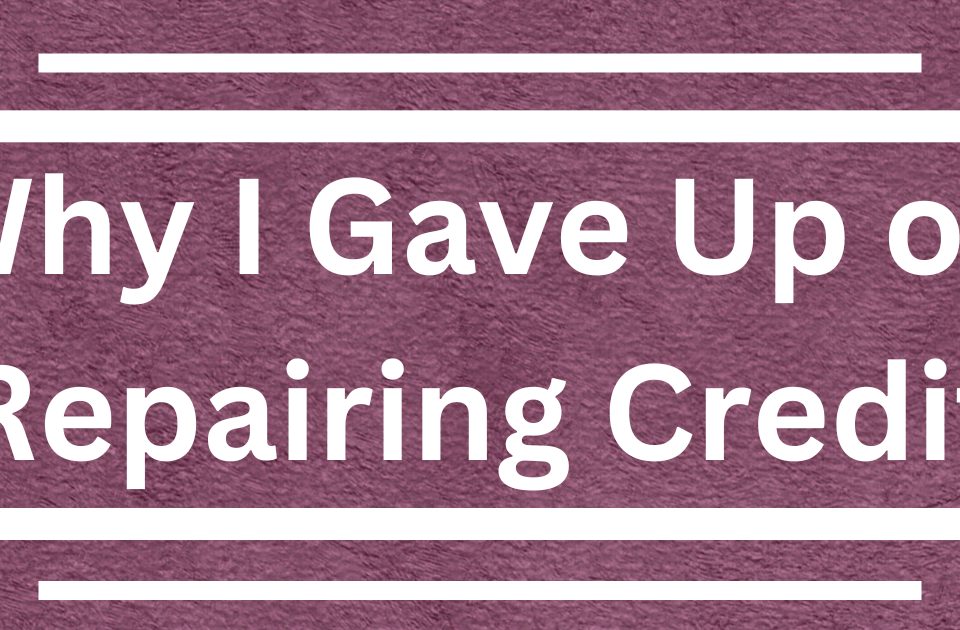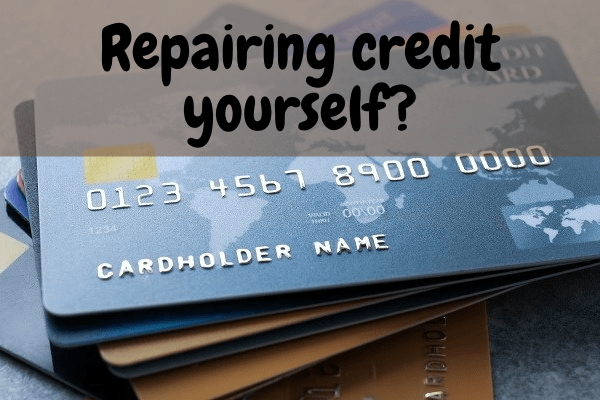Repair Your Own Credit – 3 Top Secrets
If you want to repair your own credit, all you need is some knowledge before you start. There are three definitive steps you can take to take charge of your credit. You could hire a credit repair company, but chances are good that you can save the money and repair your own credit instead.
Secret #1: The first thing you should do is contact the major credit reporting agencies and get a copy of your credit report. The agencies you need to contact are Experian, Equifax and TransUnion. A fourth company, Innovis, also has a credit report on you but appears to be lesser used by banks and businesses.
Contact all 4, at least the first time, because getting your report from each agency is free once each year. If you’ve recently applied for loan, mortgage or any kind of credit and been turned down, you may also get a free report at that time. Looking at your credit reports is the first step you take to repair your own credit.
When you get these reports look them over carefully. They’ll list any outstanding debts that you have, any problems and any good standing accounts. If you find errors on the report, contact that agency and have them corrected. You can download the forms online to send to them or they’ll mail you copies.
Secret #2: Once you’ve challenged the errors on your credit report, you’ll want to know your credit score. Unfortunately, this doesn’t come with your credit report. You can contact the credit agencies to get the scores they have for you, for a small fee.
Trans Union offers a Vantage credit score for $7.95, and my Fico.com is a good way to get your FICO score. These are the two most important scores you’ll need to repair your own credit.
FICO is the most often used, but you should have a look at your Vantage score as well. The score reflects late payments, missed payments, judgments against you, bankruptcies, charge-offs and other credit dings by lowering the score. Once you have your credit reports corrected, your scores should be accurate.
Secret #3: This one isn’t really a secret, but it may be the hardest tip to follow to repair your own credit. Pay off overdue debts and pay current debts on time. And do your best to stop accumulating new debt.
No matter what, don’t apply for new credit. Many people don’t realize that if you apply for some types of credit and are turned down, it hurts your score. And the more debt you have, the lower your score will be.
That’s because if what you owe is too close to your total credit limit, you’re seen as a risk. Don’t apply for new credit and work hard to get your balanced owed down. Every time you’re late it affects your score. If you can pay off a balance for less but take a credit ding, do so, as that’s better than continual lateness.
Now that you know your credit score, wait 6 months to a year and check it again. As long as you pay what you owe on time and are current, you’ll be able to gradually repair your own credit.






